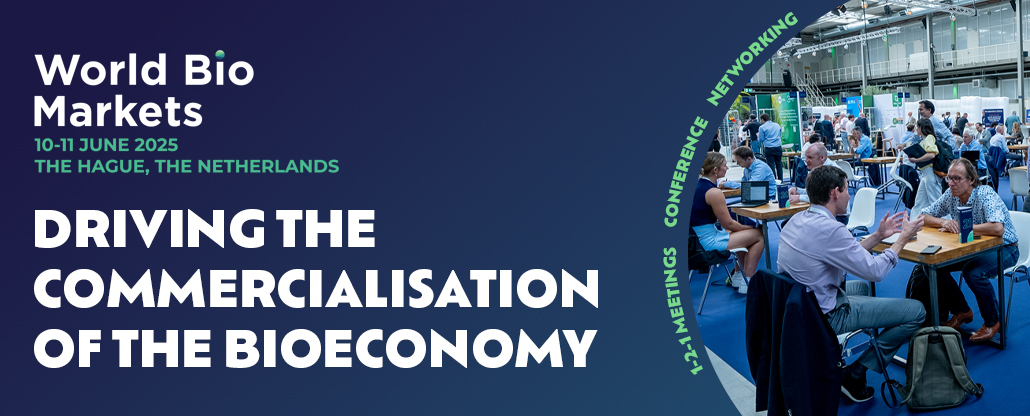New Wave Biotech, a company specializing in AI bioprocess simulation software, has introduced a new technology aimed at helping alternative protein and biomanufacturing companies enhance their production processes. The Bioprocess Foresight platform utilizes artificial intelligence to offer insights on techno-economics, output, and sustainability tailored to individual biomanufacturers’ data.
The platform seeks to provide a comprehensive overview of biomanufacturing processes, allowing users to pinpoint areas for research and development (R&D) improvement while virtually testing various scenarios to predict outcomes. According to a report by Boston Consulting Group (BCG), synthetic biology could replace a third of global manufacturing by 2030, yet 90% of these technologies struggle to scale effectively. Challenges in optimization, which involve trillions of possible process combinations, combined with high experimental costs and lengthy scaling timelines, contribute to this trend.
The Bioprocess Foresight platform addresses these issues by simulating bioprocesses to predict output, costs, and sustainability impacts. It aims to empower biomanufacturing innovators to make informed decisions more quickly, facilitating accelerated R&D and commercialization while also helping corporations use historical experimental data to enhance future efforts.
Zoe Law, CEO and Co-Founder of New Wave Biotech, highlighted the challenges in biomanufacturing R&D costs, stating that innovators have long faced significant expenses without clear insights into past failures. She emphasized that the platform allows users to virtually test processes, informing strategic decision-making.
Oli Hall, CTO and Co-Founder, noted the need for biomanufacturing businesses to navigate numerous potential options. He believes the platform can help them make informed predictions regarding technical, commercial, and environmental impacts.
The launch of the Bioprocess Foresight platform represents a significant advancement in the biomanufacturing sector, with the potential to transform how companies approach R&D and commercialization in the rapidly evolving alternative protein market.





